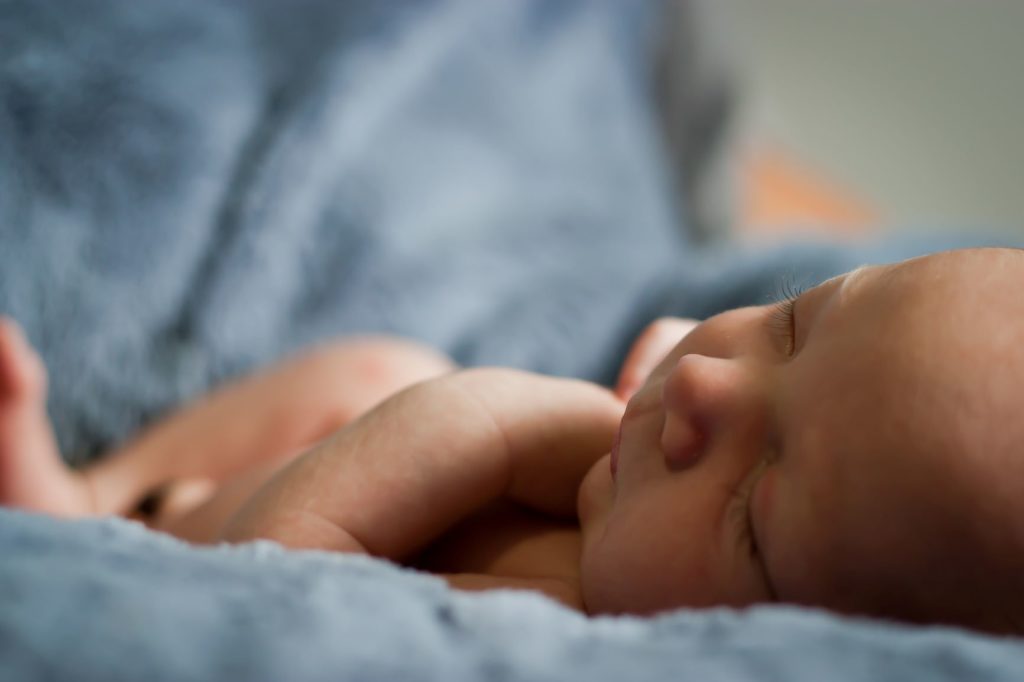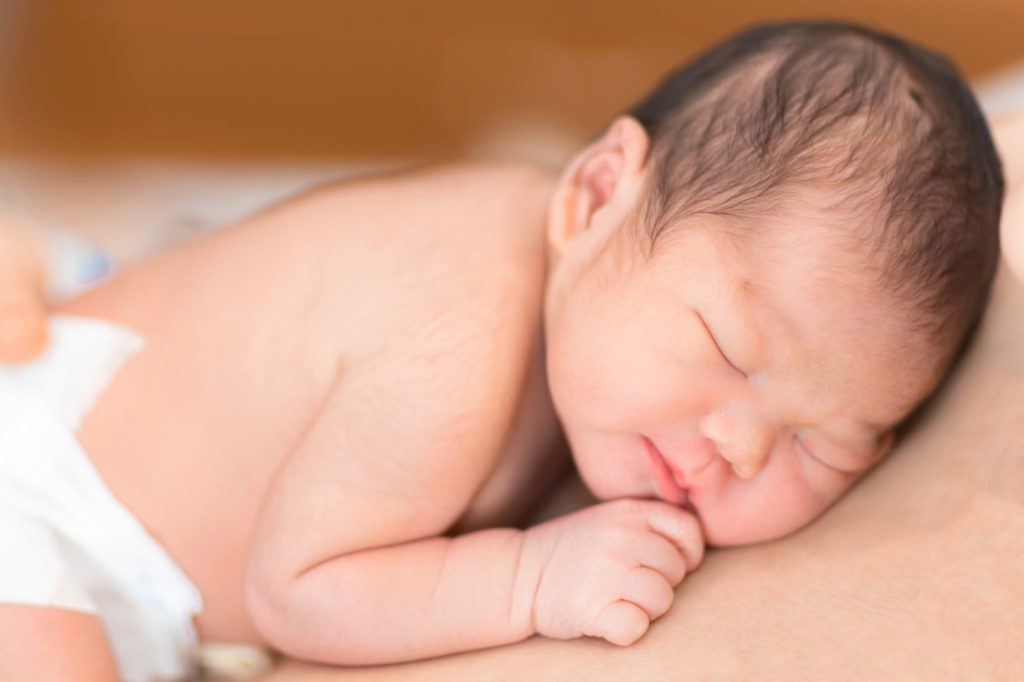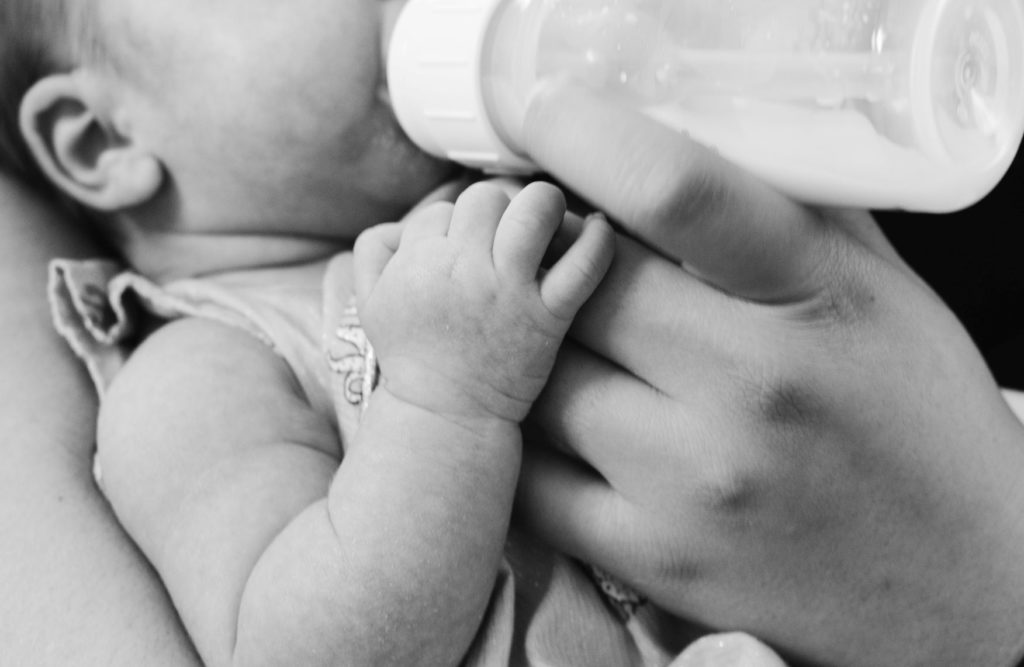
CRITICAL HEALTH & SAFETY DISCLAIMER
mothernity.co.uk is a platform for informational and educational purposes only. This content is based on general research and experienced parent insight and is NOT a substitute for professional medical advice, diagnosis, or treatment. Always seek the advice of your qualified healthcare provider (GP, midwife, or consultant) with any questions you may have regarding a medical condition or before making changes to your health plan or treatments. Never disregard professional medical advice or delay seeking it because of something you have read here.
Once you bring your baby home, a whole new world will unfold before you. If it’s your first baby, some aspects might not be immediately clear.
What will my newborn’s first days look like?
We’ve created a guide to help you better understand your little one in their initial days of life.
Feeding
During the first few days of their life, let your newborn lead the way when it comes to feeding. This approach is known as baby-led feeding. Whether you’re breastfeeding or using formula, aim to feed your baby every 2-3 hours. Keep in mind that your baby’s stomach is tiny, so they’ll require small and frequent feeds.
Sleeping
Newborns tend to sleep a lot in the initial days, with sessions lasting around 2-3 hours, both during the day and night. One reason for this is that babies don’t yet distinguish between day and night. On average, a newborn should sleep for at least 16 hours per day.
Always place your baby on their back when putting them to sleep, with their head facing upwards, ideally in a cot in the same room as you. This practice helps reduce the risk of Sudden Infant Death Syndrome (SIDS).
Bathing
There’s no need to give your newborn a full bath in their first days. Instead, you can gently cleanse their face, neck, and hands with a warm, damp cloth. If you choose to bathe your baby, avoid wetting the area around the umbilical cord, as it needs to stay dry for proper healing.
Diaper changes
Expect to change your newborn’s nappy frequently throughout the day. Leaving your baby in a wet diaper could lead to skin rashes and discomfort. You can apply a mild nappy cream to keep your baby’s skin soft. We recommend the Weleda Baby Nappy Cream.
In the first 48 hours after birth, your baby’s poop might be sticky and black. After that period, the colour should transition to a yellow, mustard-like hue.
Crying
Crying is your baby’s way of expressing their needs. It could signal hunger, the need for a diaper change, discomfort from wind, temperature (either too hot or cold), boredom, or overstimulation.



